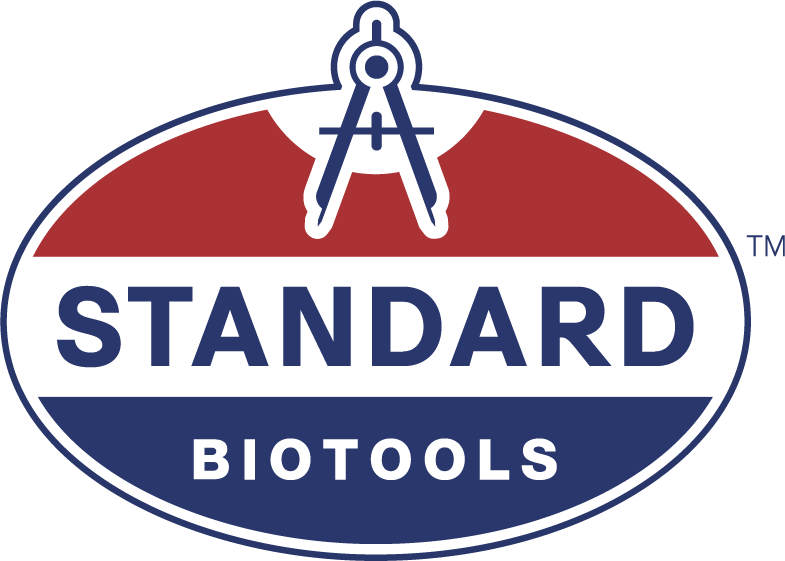
Abstract
Chronic inflammatory diseases are mediated by dysregulated immune homeostasis. However, there are still great gaps in our knowledge of inflammatory cascades, in particular in patients who suffer from chronic inflammation. Such knowledge may help to identify biomarkers aiding the diagnosis of the monitoring of disease activity and the identification of therapeutic targets to treat chronic inflammation. One reason for the lack of solid biomarkers is the hypothesis-driven nature of investigations, which bias the investigation toward arbitrarily classified cell subsets and biomarkers. The increasing number of parameters which can be measured simultaneously allow for the concomitant characterization of phenotypic and functional properties at the single cell level and led to major discoveries including new cell types, stratifying biomarkers and disease-relevant signatures. Analysis of large patient cohorts at the single cell level combined with intelligent algorithms and computer-aided analysis allow for a thus far unprecedented view onto disease-relevant immune signatures. I will discuss how we apply this technology to immunophenotype patients with inflammatory disease for the identification of disease-relevant signatures for diagnosis, patient stratification and therapy responses.














